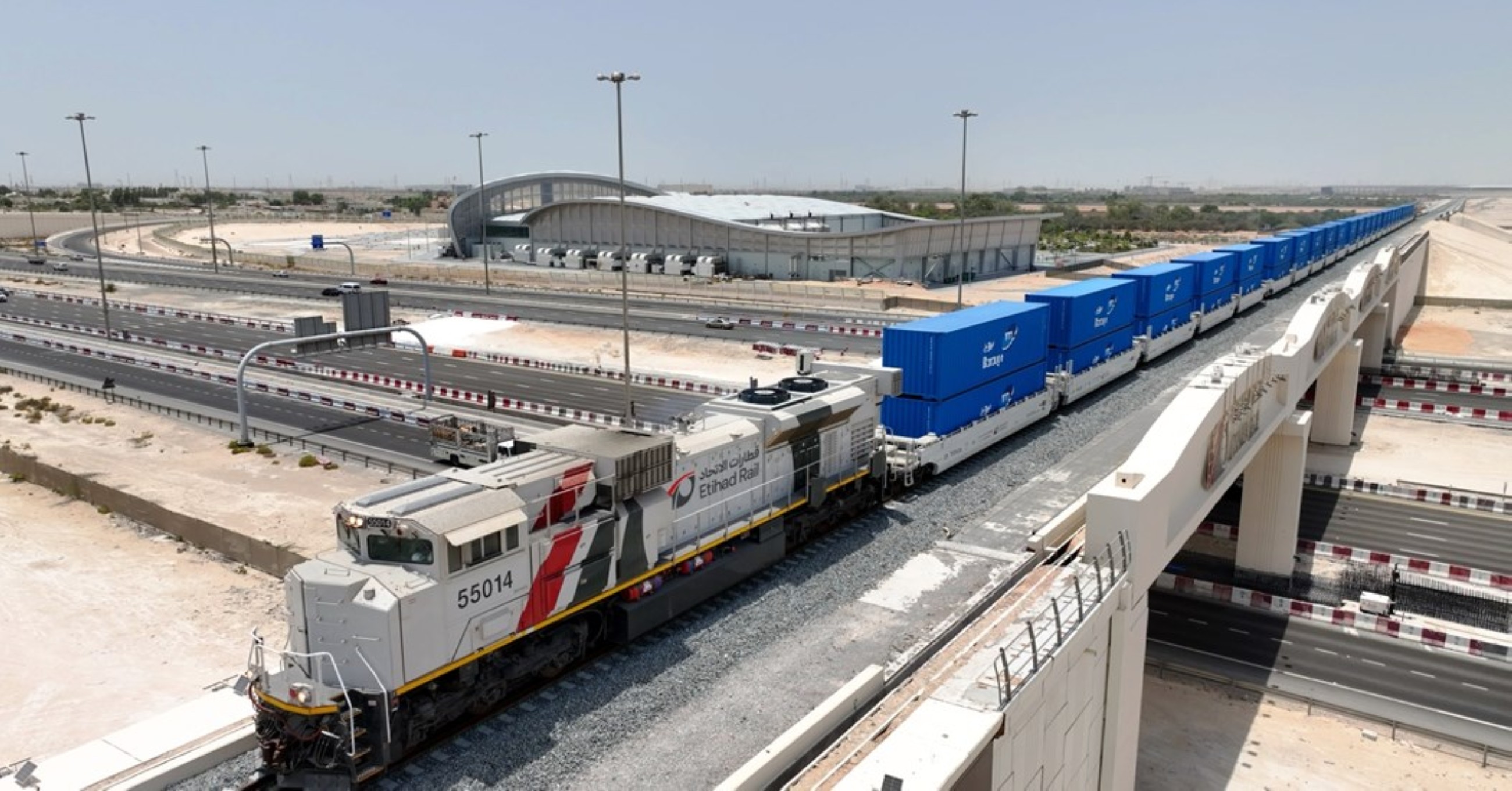The Gulf Cooperation Council (GCC) region is experiencing a transformative surge in rail infrastructure development, heralding a new chapter of regional integration and sustainable economic growth. David Franks, Managing Director of Keolis MHI—a prominent player in public transport—has articulated the significance of this evolution, fueled by substantial multi-billion-dollar investments aimed at modernizing transport networks across the Gulf states.
Central to this ambitious transformation are pivotal projects like the Etihad Rail in the United Arab Emirates, the Hafeet Rail connection linking Abu Dhabi with Oman, and Saudi Arabia’s Landbridge initiative. These projects underscore a broader strategic vision focused on enhancing connectivity among key urban centers, significant ports, and vibrant economic hubs across the region. Franks highlighted that the ambitious 2,177-kilometer GCC Railway project epitomizes the collective aspiration among Gulf states to create a comprehensive and integrated transport ecosystem that promises to revolutionize regional mobility.
At the forefront of this infrastructure revolution is the critical need for environmental sustainability. Rail transport is distinguished as one of the most energy-efficient and low-emission modes of transit. Franks noted the region’s commitment to pioneering sustainability initiatives, particularly with Saudi Arabia’s recent trial of a hydrogen-powered train—the first of its kind in the Middle East. This innovative exploration aligns with global trends advocating for cleaner transportation solutions, signaling a potential shift in the regional rail landscape toward more sustainable practices.
Moreover, the ongoing advancements in Gulf transportation are significantly augmented by the adoption of cutting-edge technologies. Franks pointed to the integration of artificial intelligence, predictive maintenance systems, and smart ticketing solutions, which collectively elevate the passenger experience while concurrently bolstering operational efficiency, safety measures, and overall service excellence. This technological embrace is indicative of the GCC’s desire not only to improve transit systems but also to align with international best practices in transportation management.
Keolis MHI’s role in this landscape extends beyond day-to-day operations. The company has made a concerted effort to contribute to the development of smart, interconnected cities across the region. This involves a commitment to investing in local talent and supporting Emiratization and localization initiatives aimed at enhancing the quality of life and fostering equitable transport systems. Such dedication reflects a broader understanding of the socio-economic fabric of the region, where effective public transport can facilitate improved mobility and greater inclusivity.
Critical to the success of these extensive rail projects are robust public-private partnerships. Franks emphasized that effective collaboration between governmental bodies and private operators is essential for ensuring the timely and efficient delivery of infrastructure projects. Close coordination and joint efforts between stakeholders are paramount to meeting public expectations while also building resilience within the emerging transport frameworks.
In outlining the trajectory of the region’s rail initiatives, Franks referenced several key milestones. Notably, the second phase of Etihad Rail commenced operations in February 2023, extending the network to 900 kilometers. While freight services are currently operational, planning for passenger services is actively underway—a pivotal development for future rail connectivity in the region. Additionally, the Hafeet Rail project—a collaborative venture involving Etihad Rail, Oman Rail, and Mubadala—illustrates a significant investment aimed at establishing a direct rail link between Abu Dhabi and the port city of Sohar over a distance of 303 kilometers.
Saudi Arabia’s own Landbridge Project is another high-impact endeavor, consisting of a 950-kilometer freight railway connecting Jeddah and Riyadh, along with a 115-kilometer line linking Dammam to Jubail. Franks emphasized that this rail network will dramatically enhance east-west freight movement within the Kingdom, thereby facilitating trade and economic expansion.
Looking forward, the ambitious GCC Railway Network, anticipated for completion by 2030, promises to redefine regional connectivity. This integrated system is poised to streamline trade operations and ensure seamless cross-border passenger movement between the Gulf nations—a notion that resonates with the broader goals of regional integration and cooperation.
Franks concluded with an optimistic vision for the future, asserting that the rail renaissance of the Gulf region transcends mere infrastructure development. It symbolizes a global blueprint for modern, sustainable, and technologically-savvy transport systems driven by innovation and collaboration. As the GCC continues to evolve, it stands as a testament to what is achievable when visionary planning, investment, and sustainability converge.
In June, Keolis MHI participated in Middle East Rail 2025, the premier transport event in the region, to share its expertise in shaping future-oriented, sustainable urban rail systems. As they continue to set the standard for operational excellence in rail transportation, Keolis MHI remains a trusted partner for transport authorities and rail stakeholders striving to forge a resilient future.
The importance of such explorations and developments will not only rejuvenate regional economies but will also foster closer ties within the Gulf states, ultimately leading to a more unified and connected future.
Tags: #RailInfrastructure #SustainableTransport #UAE #Saudi #EconomyNews #BusinessNews

